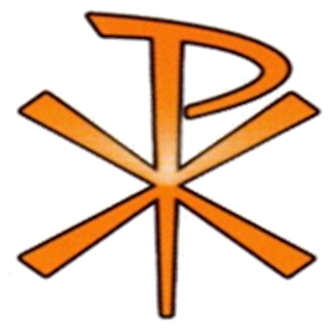JUMPSTART STRATEGIES
Strategic insights for investors and entrepreneurs on a variety of topics.
CATEGORIES
All
About CRC
Absinthe
Alcohol
Angelican Church
Angelicanism
Angelicin Church
Angel Investors
Anglican Church
A Pact
Apocalypse
Armageddon
Baptist Church
Barclays 250
Basilicas
Bible
Bilderberg Group
Blderberg
Branding
British Crown
British Intellignence
British Royal Crown
Brokerage Houses
Business Analytics
Business Ideas
Cathedrals
Catholicism
Christendom
Church Of England
CIA
Coors Brewing Company
Cosa Nostra
Culture And Society
Current Events
Daughters Of Christendom
Daughters Of Israel
Demand Generation
Demons
Digital Marketing
Direct Marketing
Eastern Orthodoxy
Education
EMail Marketing
Empires
Endtimes
Entertainment Industry
Entrpreneurship
Episcopal Church
Episcopalian Church
Espionage
Faith
Family
Farming
Fishing
Football
Forrestry
Fracking
Freedom
Gaming Industry
GCHQ
Geopolitics
Government Affairs
Harvard
Hawthorne Plan
Health And Wellbeing
Healthcare Industry
HGH
History
Hollywood
Holy Bible
Infidelity
International Monetary Fund
Irish Republican Army
Israel
Ivy League
Jack Daniels Olld Number 7
Jesus Christ Church Of Later-day Saints
Judaism
Keller Williams
Kingdom Of Heaven
Land Development
Landfills
Landmark Forum
Liberty
Logging Industry
Lutheran Church
Lutheranism
Macroeconomics
Major League Baseball
Marketing
Matthew 5:3 12
Matthew 5:3-12
Mazola
MLB
Monsanto
Mormon
Mormonism
Mormon Tabernacle
Music Industry
Narcotics
Nationbuilding
Nature
New Testament
NFL
Nuclear Energy
Organizational Strategy
Organized Crime
Patents And Trademarks
Politics
Princeton
Princeton University
Protestant Church
Protestantism
Recovery
Relationships
Revelations
Revelations22:21
Roman Catholic Church
Scientology
Scripture
Search Engine Marketing
Secret Societies
Sippi Warriors
Snake River
Social Media
Sons Of Christendom
Sons Of Israel
Sons Of The Cross
SoybeanOil
Sports And Leisure Industry
Startups
Strategic Planning
Surveillance Equipment
Sysco
Tabernacles
Technology
Telecommunications Industry
Telemarketing
The Clarion Call
The Whore With Seven Heads And Ten Horns
Tripe
UFO's
Unitarian Church
Utopia
Venture Capital
Video Game Industry
Wellbeing
Wellness
Wildlife
Yale
ARCHIVES
July 2024
June 2024
May 2024
April 2024
March 2024
February 2024
December 2023
November 2023
September 2023
August 2023
July 2023
June 2023
May 2023
October 2022
January 2022
December 2021
October 2021
August 2021
December 2018
November 2018
October 2018
January 2018
December 2017
November 2017
September 2017
August 2017
April 2017
March 2016




 RSS Feed
RSS Feed